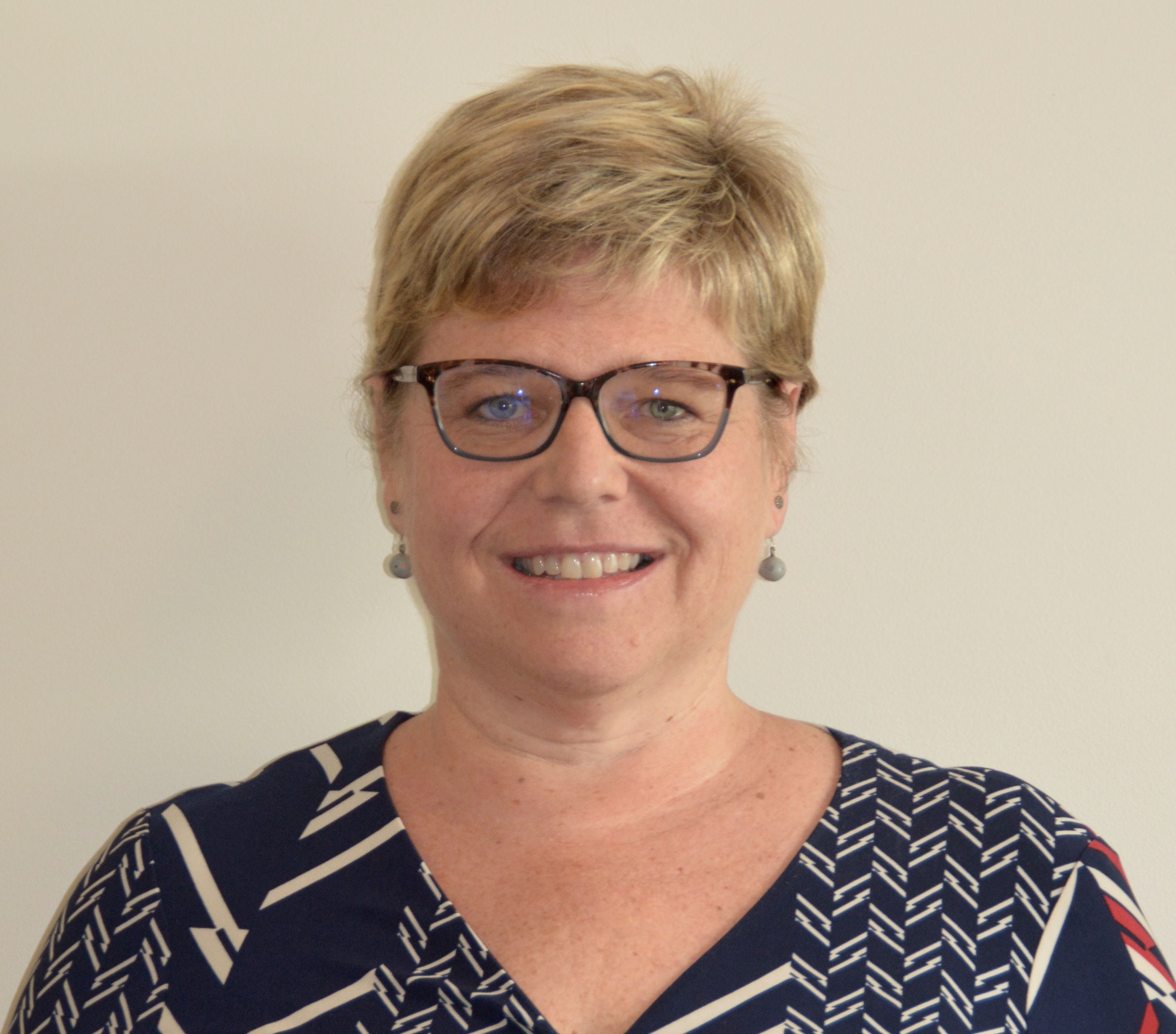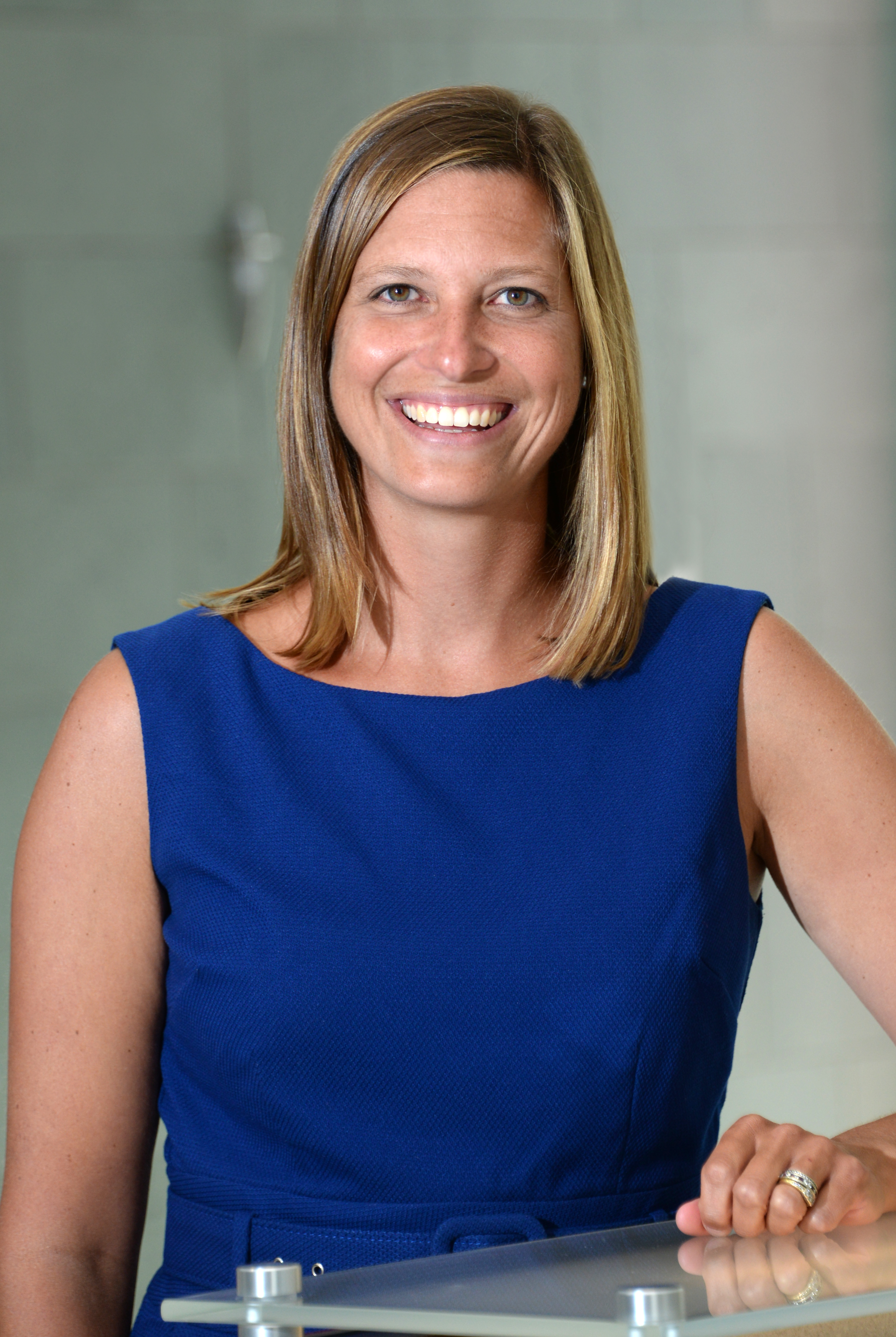Writing Qualitative and Mixed Methods Grant Proposals
Title: Writing Qualitative and Mixed Methods Grant Proposals
Dates: April 11-12, 2024, 7am to 11am PACIFIC time.
*Attendees must participate both days
Cost:
Academy Member: $120.00
Academy Nonmember: $150.00
Course Description:
Qualitative and mixed methods are increasingly important and prominent in health services research, including physical therapy research. Funding opportunities have expanded and often require the incorporation of these methods. The purpose of this interactive workshop is to advance physical therapist researchers’ knowledge of how to write qualitative and mixed methods grant proposals. It is intended for researchers with working knowledge of qualitative mixed methods research. Part 1 of the workshop will review sources of funding, funding mechanisms, and general tips and considerations for grant-writing. After Q&A, the workshop will focus on crafting specific aims, background and significance, and innovation. In Part 2, the presenters will discuss preparing preliminary studies, designing/selecting and incorporating conceptual/theoretical models, and selecting study designs, along with articulating methods and procedures. To conclude, the presenters will cover crafting analytic plans, timelines, and budgets, with time built in for discussion of review criteria, common pitfalls in proposals, and responding to reviewers. Participants will be encouraged to share their grant-writing experiences and questions. We will workshop several examples, providing ample opportunity for discussion, revision, and innovation.
Learning Objectives:
At the completion of this session, course participants will be able to:
1. Identify funding sources and mechanisms to support mixed methods design in rehabilitation and health services research
2. Conceptualize and draft each component of a qualitative or mixed methods proposal
3. Plan and execute grant-writing processes
Schedule:
Thursday, 4/11
7:00-7:05 Pre-test
7:05-8:30 Lecture: Review of sources of funding, funding mechanisms, general tips and considerations for grantsmanship
8:30-9:00 Discussion: Q&A, examples from the audience
9:00-9:15 Break
9:15-9:45 Lecture: Writing specific aims, background and significance, innovation
9:45-10:15 Workshop (breakout groups): draft specific aims, outline background and significance
10:15-10:30 Report back from breakout groups: questions, examples
10:30-11:00 Lecture: Writing preliminary studies, identifying and integrating conceptual/theoretical models
Friday, 4/12
7:00-8:30 Lecture: Articulating study designs, selecting methods, and describing procedures
8:30-9:00 Discussion: Q&A, examples from the audience
9:00-9:15 Break
9:15-10:00 Workshop (breakout groups): draft study design and methods, design visuals
10:00-10:15 Report back from breakout groups: questions, examples
10:15-10:45 Lecture: Preparing analytic plans, timelines, budgets, responses to reviewers, evaluating proposals, common pitfalls
10:45-11:00 Wrap up, Post-test
Posttest:
25-question, multiple-choice posttest to assess learning
 Alison Hamilton, PhD, MPH, is a medical anthropologist and implementation scientist. She is a Research Career Scientist and Chief Officer of Implementation and Policy at the VA Center for the Study of Healthcare Innovation, Implementation & Policy at the Greater Los Angeles Healthcare System, and a Professor-in-Residence in the Department of Psychiatry and Biobehavioral Sciences at UCLA. Dr. Hamilton’s research portfolio focuses on using integrated mixed methods to improve health services for vulnerable populations by understanding people’s lived experiences and implementing evidence-based and evidence-informed practices in contextually and theoretically informed ways. She is an Associate Editor for Implementation Science Communications, and she is on the Editorial Boards of Implementation Science, Implementation Research and Practice, and Women's Health Issues. Alison Hamilton, PhD, MPH, is a medical anthropologist and implementation scientist. She is a Research Career Scientist and Chief Officer of Implementation and Policy at the VA Center for the Study of Healthcare Innovation, Implementation & Policy at the Greater Los Angeles Healthcare System, and a Professor-in-Residence in the Department of Psychiatry and Biobehavioral Sciences at UCLA. Dr. Hamilton’s research portfolio focuses on using integrated mixed methods to improve health services for vulnerable populations by understanding people’s lived experiences and implementing evidence-based and evidence-informed practices in contextually and theoretically informed ways. She is an Associate Editor for Implementation Science Communications, and she is on the Editorial Boards of Implementation Science, Implementation Research and Practice, and Women's Health Issues.
 Michelle Wormley, MPT, PhD, CLT is a graduate of Quinnipiac University (BS, MPT) and Nova Southeastern University (PhD). She is an Associate Professor in the Department of Physical Therapy and Movement Science at Sacred Heart University (Fairfield, CT), where teaching responsibilities include structure and function of the neurological system and examination and treatment of patients with neurological involvement and medically complex issues. Dr. Wormley’s research and clinical interests focus on neurological physical therapy, problem-based learning in physical therapy education, and qualitative methods. She has several publications in professional journals and has also presented at national conferences in these topic areas. Dr. Wormley is a manuscript reviewer for Physical Therapy Journal and Physiotherapy Theory and Practice.She currently serves as Vice-Chair of the Academy of Physical Therapy Research Qualitative Special Interest Group. Michelle Wormley, MPT, PhD, CLT is a graduate of Quinnipiac University (BS, MPT) and Nova Southeastern University (PhD). She is an Associate Professor in the Department of Physical Therapy and Movement Science at Sacred Heart University (Fairfield, CT), where teaching responsibilities include structure and function of the neurological system and examination and treatment of patients with neurological involvement and medically complex issues. Dr. Wormley’s research and clinical interests focus on neurological physical therapy, problem-based learning in physical therapy education, and qualitative methods. She has several publications in professional journals and has also presented at national conferences in these topic areas. Dr. Wormley is a manuscript reviewer for Physical Therapy Journal and Physiotherapy Theory and Practice.She currently serves as Vice-Chair of the Academy of Physical Therapy Research Qualitative Special Interest Group.
 Melissa Moran Tovin, PT, PhD, is currently Professor and Director of Post-professional Clinical Advancement in the Department of Physical Therapy at Nova Southeastern University. She has over 20 years of experience performing qualitative and mixed-methods research. Her research interests include interprofessional education, pediatric PT education, and quality of life and adulthood transitions for individuals with autism. She has served as Chair and Methodology Expert on many qualitative and mixed-method PhD dissertation committees. Dr. Tovin currently serves as an Editorial Board Member for Physical Therapy, and as qualitative research manuscript reviewer for Physiotherapy Theory and Practice, and the Journal of Physical Therapy Education. In addition, Dr. Tovin is currently Chair of the Academy of Physical Therapy Research Qualitative Special Interest Group. She is a Board Certified Clinical Specialist in Pediatric Physical Therapy, and has presented at national and international conferences on a variety of topics, including qualitative methodology and research outcomes. Melissa Moran Tovin, PT, PhD, is currently Professor and Director of Post-professional Clinical Advancement in the Department of Physical Therapy at Nova Southeastern University. She has over 20 years of experience performing qualitative and mixed-methods research. Her research interests include interprofessional education, pediatric PT education, and quality of life and adulthood transitions for individuals with autism. She has served as Chair and Methodology Expert on many qualitative and mixed-method PhD dissertation committees. Dr. Tovin currently serves as an Editorial Board Member for Physical Therapy, and as qualitative research manuscript reviewer for Physiotherapy Theory and Practice, and the Journal of Physical Therapy Education. In addition, Dr. Tovin is currently Chair of the Academy of Physical Therapy Research Qualitative Special Interest Group. She is a Board Certified Clinical Specialist in Pediatric Physical Therapy, and has presented at national and international conferences on a variety of topics, including qualitative methodology and research outcomes.
Recommended content level
(basic, intermediate, advanced) - All levels
Conflict of interest disclosure
Presenters report no conflict of interest related to session content
|